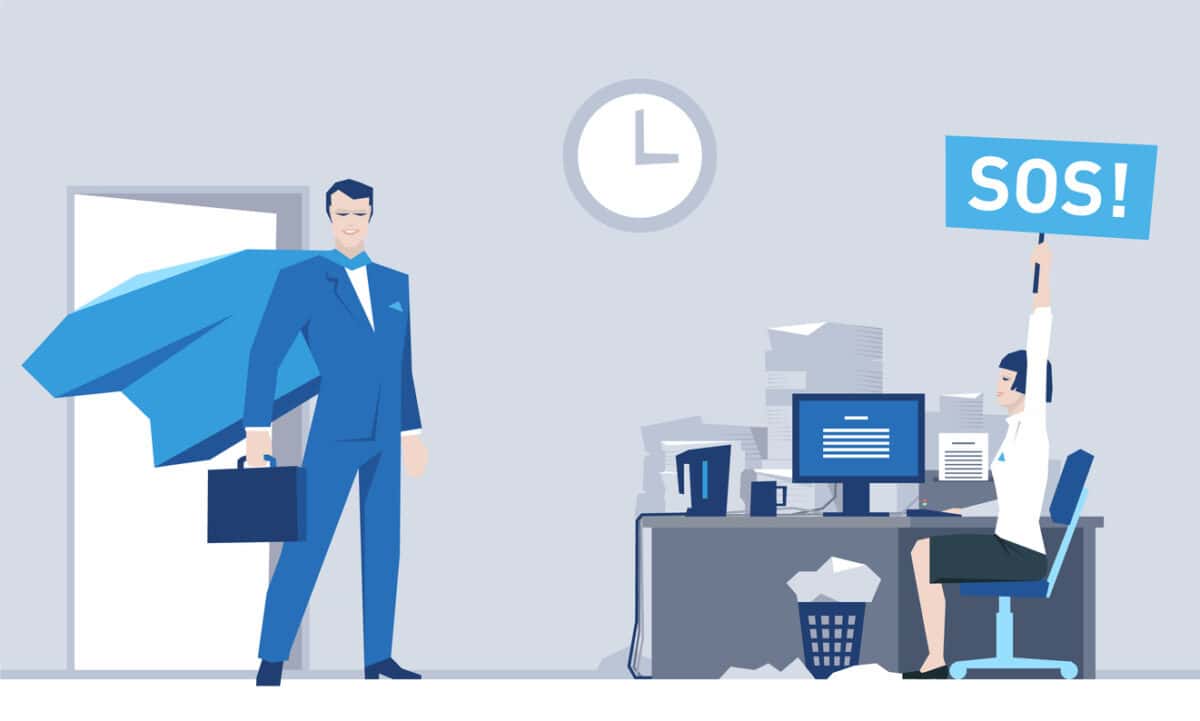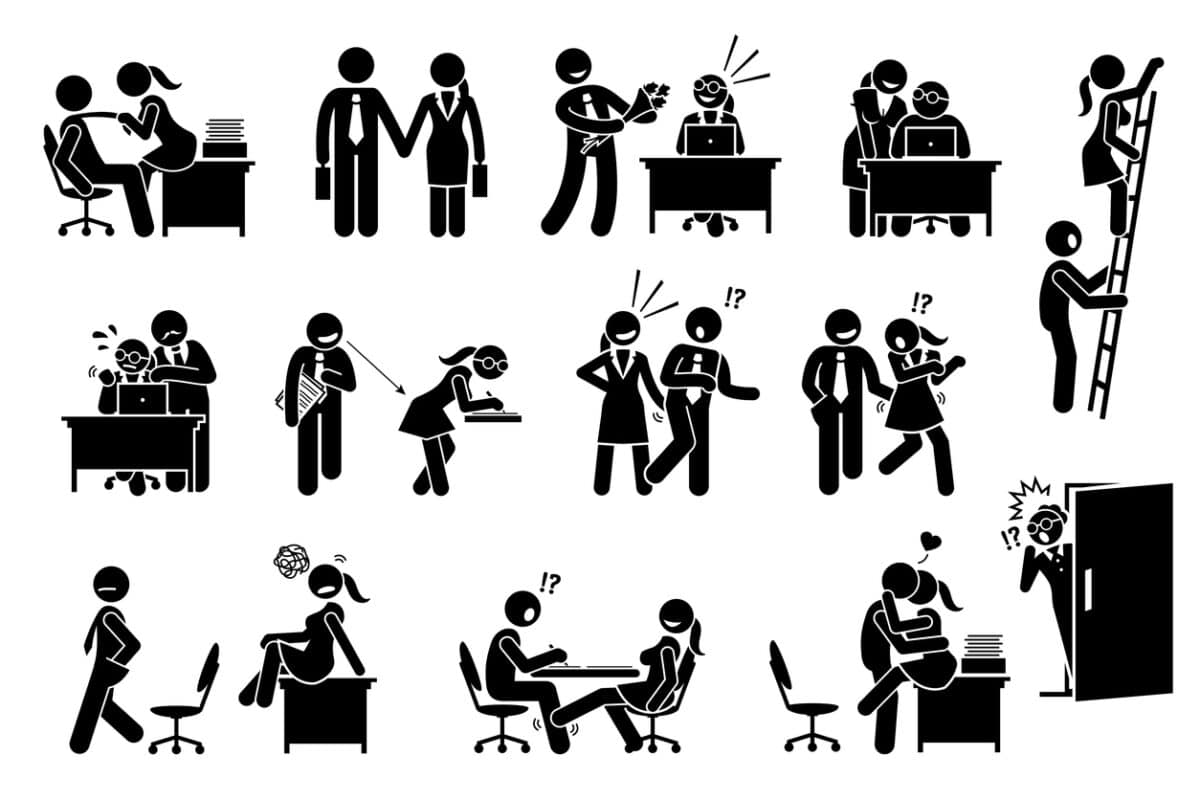Late last year, Tim D’Ath added to the occupational health and safety management (OHS) literature with a modern, open-minded (and short) book called “Humanising Safety”. His perspective cuts across many of the heady discussions of Safety I vs. Safety II, safety cultures, and organisational versus individual approaches… I found his clarity of advice refreshing, as he focused on core harm prevention principles while acknowledging the difficulty of communicating these principles to employers who have been taught to view OHS as a nuisance to be avoided whenever possible.
Category: employers
Burnout Lessons CEOs Still Haven’t Learned
Business newspapers and websites often report on executives revealing their own burnout and how they have changed their lives as a result. The changes they make indicate their decisions that led to their mental health crises and epiphanies. But executives lead by example, so how many of the employees are emulating the executives’ mistakes? Shouldn’t the executives redesign their companies’ systems of work to prevent anyone else from suffering from burnout?
Breaking the Silence: Dekker’s Call for Authentic Voice in OHS
Any new book from Sidney Dekker is worth reading. His latest is called “Safety Theater – How the Desire for Perfection Drives Compliance Clutter, Inauthenticity, and Accidents”. I am not sure that this book, the third in a series, offers solutions, but it reframes many of the contemporary perspectives on occupational health and health and safety (OHS), and with some intriguing connections.
Endorsing Exploitation? The Legal and Moral Blindspot in the Long-Hours Hustle
Recently, the Wall Street Journal (WSJ) published an extraordinary article that seems to endorse the exploitation of the mental health of workers. (Although the article is paywalled, it is getting a run in some local Australian newspapers) The article reports that companies like Shopify, Solace Health, and Rilla are bluntly marketing roles that involve extreme hours, a relentless pace, and minimal downtime.
One job post literally reads: “Please don’t join unless you’re eager to work 70 hours a week.”
If the job ads for these prominent North American companies were posted in Australia, the unsafe working conditions would likely be deemed illegal.
Buddying Isn’t Babysitting—It’s a Safety System That Can Build Trust
One of the most significant safety challenges for any employer is determining when a new employee is ready to work independently, without direct supervision. When do you trust that they can undertake a task without being hurt? That focus should not be solely on the worker’s ability, though; it should also be on the systems of work that you have in place to keep that worker safe. Is the job or task too much for them? Or does the job require another person to be present for it to be done safely?
We want our workers to be competent and confident. We want to trust them to do the job properly, i.e., safely, on time, and to a good quality. However, some jobs and tasks cannot or should not be done properly by only a single worker, and we should not expect a single worker to handle all tasks.
Sexual Harassment Laws Have Teeth—So Why Aren’t They Biting?
In November 2022, then-Sex Discrimination Commissioner Kate Jenkins explained why sexual harassment in Australian workplaces continues to happen. Basically, she said this was because the sex discrimination laws were reactive to a worker complaint and placed no duty on employers to prevent these types of incidents. But there is more to it than that, and the recent imposition of a positive duty under sex discrimination laws is still not preventing work-related harm.
Retail Violence and OHS Blind Spots: Time to Rethink the Strategy
Occupational health and safety (OHS) is the central theme of this blog, but it is essential to remember that not all workplace health and safety actions are governed by a single set of laws or a single regulatory agency. Safety in the retail sector offers a good example.







